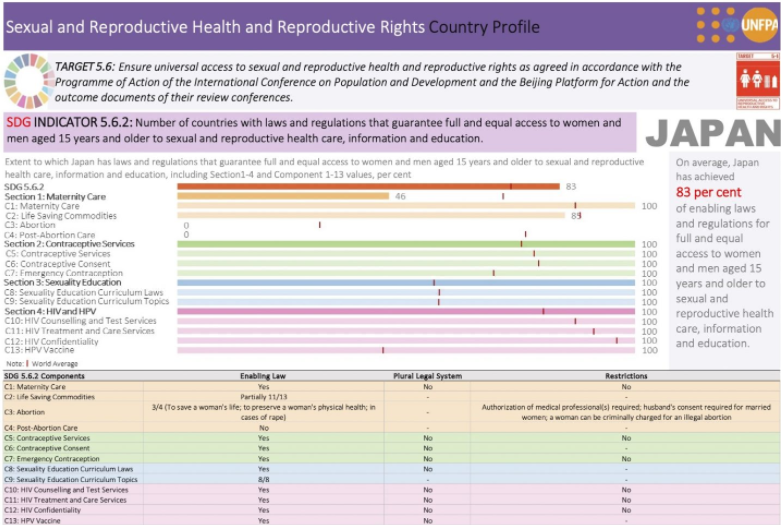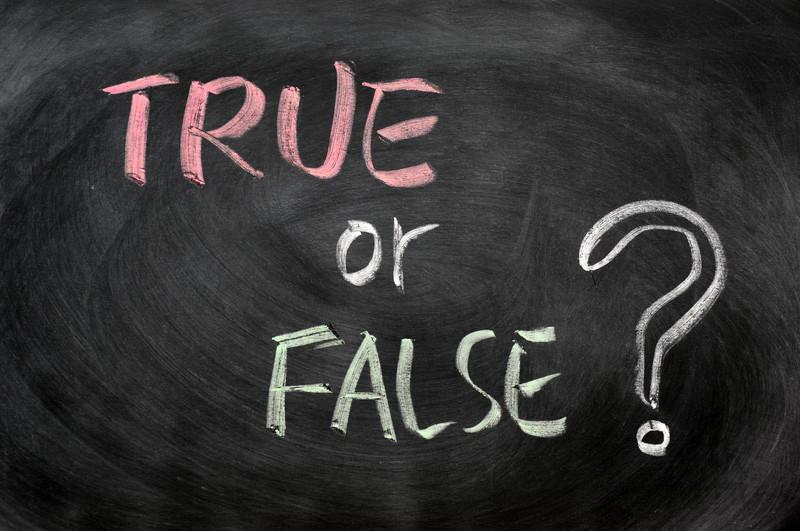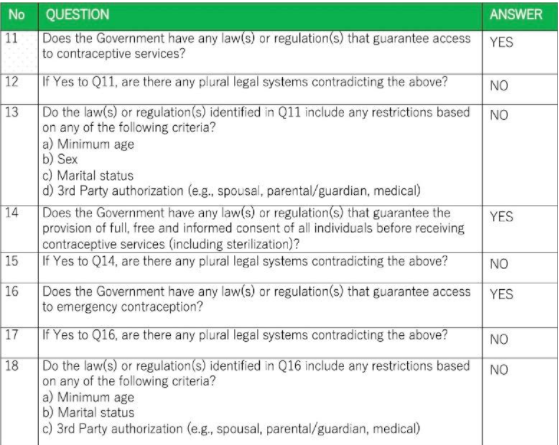About the Sloppiness of Japan’s Answer – By Dr. Yumie Ikeda. Translated by Kumi Tshukahara
As I worked to translate the State of World Population 2021 into Japanese, I was curious about the data from Japan.
What I found was surprising and disturbing so in this , I will examine what I found in Japan’s response to the UNFPA’s questionnaire

Among the many international comparison tables in the State of World Population 2021, the image above shows, on a 100-point scale, the extent to which Japan has legislation in place to ensure full and equal access to sexual and reproductive health care, information, and education for men and women aged 15 and older. (The higher the number, the better the laws are in place.) The table also shows the scores by country for comparison.
Overall, Japan scored 83 points. It looks very good.
But when you look at what’s inside… well? Are these really the accurate scores? I have a lot of questions.
Among “maternity care”, “life-saving medical care and necessities” got 85 points. “Abortion”: 0 points. “Post-abortion care” is also zero. On the other hand, “contraceptive services”, “sex education”, and “HIV and HPV” all scored a perfect 100!
What? Huh?

Japan is a country where abortion is hard to get and the laws regarding contraception and sex education score a perfect 100? What do you mean?
My clinical sense as an obstetrician and gynecologist is totally different from this….
So how did we get this score?! . The figure below is the page showing the Japanese government’s answers to the questionnaire.

Where did we get a low score?
Let’s start with the section on “Maternity Care,” which received a low score. Let’s compare the answers to the questionnaire to see why the score is low.The reason why “life-saving medical care and necessities” did not receive a perfect score of 100 was that female condoms and contraceptive implants were not available in Japan.
But I think the lack of female-oriented contraceptive options is a current issue in Japan, even compared to other countries.
As for the reason why “abortion” received zero points, three points were added for the fact that abortion is legally possible for the purpose of protecting the life (+1) and health (+1) of the woman and in the case of rape (+1), but three points were deducted for the fact that it requires the approval of a doctor (-1), the consent of the husband (-1), and the fact that a woman can be punished if she illegally has an abortion(-1) (because there is a criminal law against abortion).
The reason why abortion can be performed performed legally in Japan is because of the Maternal Protection Act, which is based on the Eugenic Protection Law—but it does not protect a woman’s right to self-determination.
“Post-abortion care” also scored zero. However, in Japan, I think all hospitals take good care of the person after the abortion, such as having the woman visit the hospital one to several weeks later to check if there are any problems with the uterus. I think we are doing a good job compared to other countries but the reason why this score is zero is because post-abortion care is just something that each medical institution does on its own, not something that is mentioned in the law.
Where did Japan score perfect 100 points?
Next, let’s look at the sections that were answered with a perfect score of 100.
First, let’s look at the contraceptive section, interpreting the questionnaire and the answers from Japan as given in the table above.
The Japanese government responded as follows:
1) Japanese law guarantees access to contraception to all people, and there are no laws or regulations that inhibit its operation.
2) Access to contraception is not restricted based on age, gender, whether you are legally married or not, or whether a doctor or authority figure approves.
3) Laws and regulations require that full, free, and informed informed consent be obtained prior to accessing contraceptive services. And there are no laws or regulations that inhibit its operation.
4) There are laws and regulations that guarantee access to emergency contraception, and there are no laws or regulations that inhibit its operation.
Oh, how wonderful it would be if this were true!
The actual situation as I see it is as follows:
1) In Japan, access to female-oriented contraceptive methods is very poor, and you have to go to a medical facility to get it. It is very difficult for minors to see a doctor without their parents or other adults knowing about it, and there are many people who want to use it but cannot because of its high price. There is no guarantee of access to all people. There are also rules that hinder the guarantee of access, such as requiring parental consent at medical facilities if you are underage.
2) Access to modern contraceptive methods other than condoms is limited, as a doctor’s prescription is required to obtain them.
3) How many couples understand the advantages and disadvantages of condoms, oral contraceptives, IUDs… and choose the birth control method that is right for them? How many couples blindly believe in the contraceptive effectiveness of condoms without knowing that their effectiveness is one of the lowest of all modern contraceptive methods because the only one available in medical institutions is the condom?!
4) Emergency contraceptive methods are also only available at medical facilities and are expensive, and access to them for all is not guaranteed.
Next, let’s take a look at the section on “comprehensive sex education”. This section also received a perfect score of 100 points, so the following is an interpretation of the questionnaire and the answers from Japan.
5) There are laws and regulations that require comprehensive sex education to be included in the public education curriculum. There is no law or regulation that prevents it.
But comprehensive sex education should include all of the following:
1) human relationships
2) values, human rights, culture, and sexuality
3) understanding gender
4) violence, consent, and safety
5) health and well-being
6) the human body and development
7) sexuality and sexual behavior
8) sexual and reproductive health.
Was this a questionnaire to answer ideals? No. It was meant to reflect the reality! The current situation as I see it is as follows:
Comprehensive sex education is not included in the Courses of Study in Japan, and furthermore, and sex education in elementary and junior high schools in Japan prohibits teaching about intercourse and the process of pregnancy.
Then we look at the answers by the Japanese government for section on “HIV and HPV”. This section also has a score of 100.
6) There are laws and regulations that guarantee access to HIV treatment and care, and there are no laws or regulations that inhibit it. Access to HIV treatment and care is not restricted by age, gender, legal marital status, or the approval of a doctor or authority figure.
7) There are laws and regulations that ensure confidentiality regarding HIV infection, and there are no laws or regulations that inhibit this. Confidentiality regarding HIV infection is not restricted based on age, gender, legal marital status, or whether a doctor or authority figure approves.
8) There are laws and regulations that guarantee the HPV vaccine to adolescent girls, and there are no laws or regulations that prevent them from doing so.
Regarding this one, the actual situation in Japan as seen from my eyes is as follows.
6) HIV testing can be done anonymously and free of charge, but when it comes to treatment, I believe that even if you are over 15, if you are a minor (under 20 years old), your guardian’s consent is often required.
(7) For any disease, not just HIV, it should be possible to keep the name of the disease secret from your workplace and family. On the other hand, there are cases where people are required to declare whether or not they are infected when they are admitted to welfare facilities.
8) The HPV vaccine is a routine vaccination for girls equivalent to 6th grade elementary school to 1st grade high school, and it is available free of charge. But the active recommendation has been suspended since June 2013 until July 2021. The reason for the suspension of active recommendation was due to concerns about the possibility of “various symptoms” as adverse reactions to the vaccine, but it has remained in place for 8 years despite the fact that scientific causality has not been proven.
These are some of the questions I have raised about the document that Japan responded to the United Nations Population Fund, which can be seen in Figure 10 of the State of World Population 2021.
This is a global survey, but if Japan’s answers are not credible, the credibility of the answers of other countries will also be diminished. The government officials who cooperated in the questionnaire survey may have managed to answer the questions in the midst of their busy lives, but I would have liked them to answer more sincerely.
This is a tentative translation by Kumi Tsukahara for the report written by Yumie Ikea in Japanese.
The report can be accessed here.






